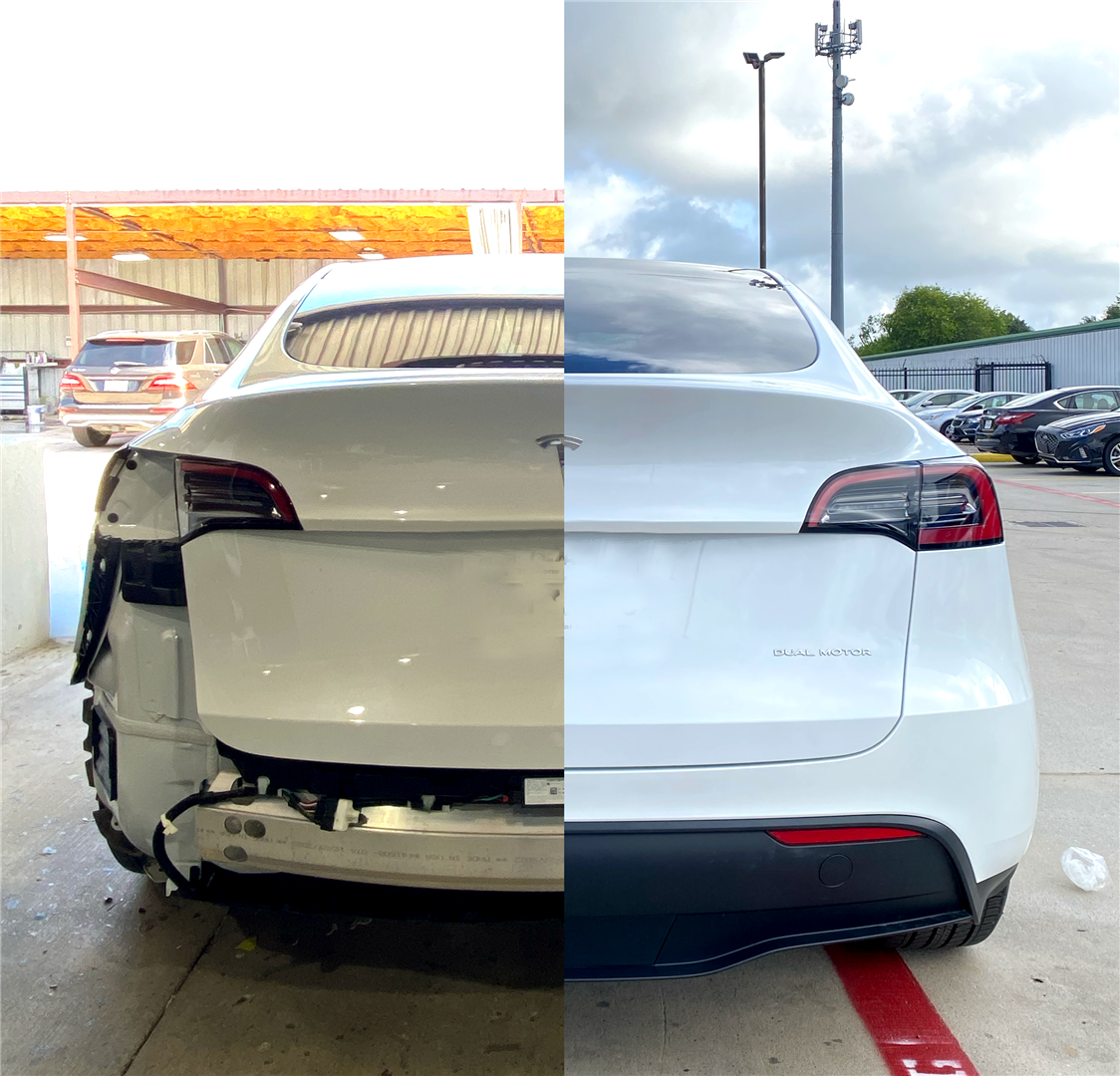
When you own a Tesla, you're part of a community that appreciates cutting-edge technology, stunning design, and a commitment to a sustainable future. However, like any vehicle, Teslas may require repair and maintenance over time. In this comprehensive guide, we explore Tesla body repair, maintenance, and the role of a Tesla-certified body shop The Art of Tesla Body Repair and Paint Teslas are known for their sleek, futuristic designs. Every curve, every line, is a testament to meticulous craftsmanship. If your Tesla has suffered a dent, scratch, or more significant damage, Tesla body repair is the key to restoring its pristine appearance. Choosing the right Body Shop for your Tesla When seeking Tesla repair and maintenance services, it's crucial to choose an expert body shop. Here's why: Collision Repair: Accidents happen, but when they do, trust a Tesla-certified body shop to handle collision repairs. They use genuine Tesla part ... read more